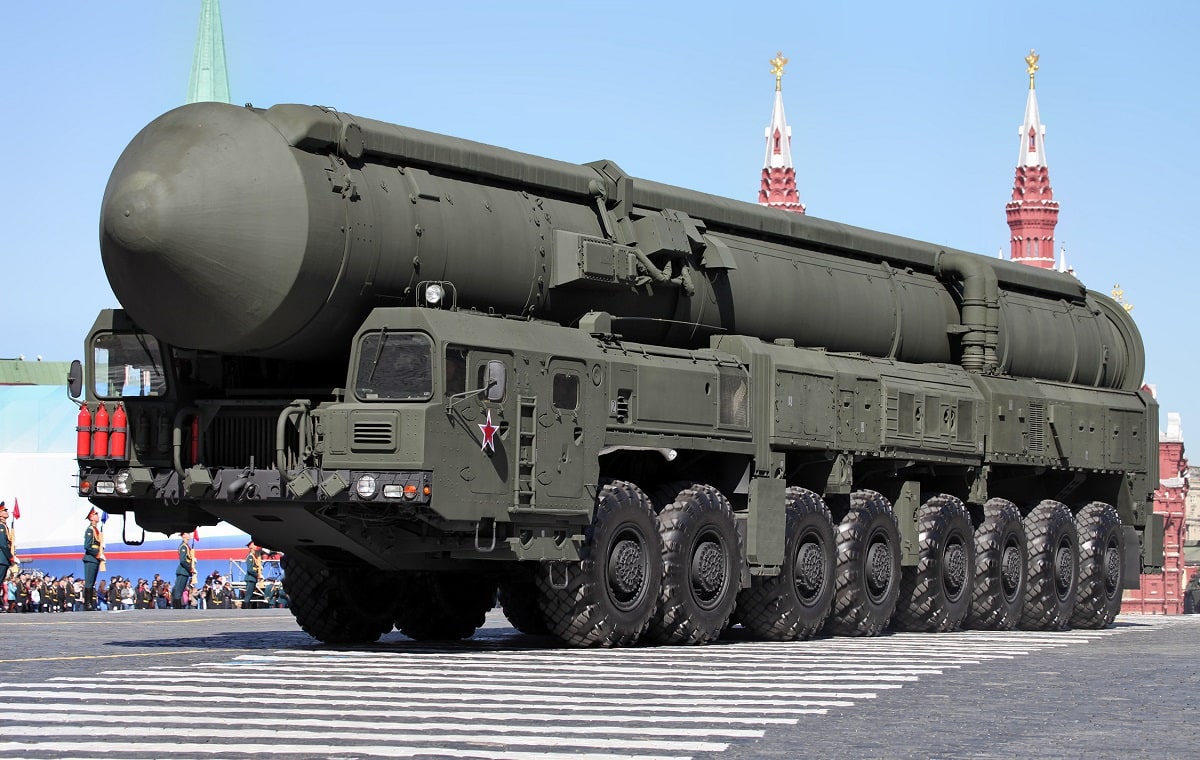Western war planners and politicians have paid special attention to Russia’s military since the end of World War II. Soviet and now Russian capabilities have never stopped being a concern. Indeed, Russia’s armed forces now have taken center stage in the drama of human affairs, dominating headlines and drawing international condemnation with their bloody and callous invasion of Ukraine. Assessing the capabilities and performance of Russia’s military has become a national pastime, one practiced everywhere from the mainstream media to the local coffee shop.
A Capability That Stands Out
Russia spends 4.3% of its GDP on its military. The result is the fifth-largest standing army in the world, featuring just over 1 million active duty troops and 2 million reserve troops. To support the armed forces, Russia mandates a one-year conscription of all non-exempt male citizens. In the past, Russian men were required to serve two-year tours. The service tour was shortened, however, in part because second-year conscripts hazed first-year conscripts so brutally. Hazing practices, known as dedovshchina, have been blamed for hundreds of deaths.
Russian forces are split into several branches: ground forces, aerospace forces, navy, strategic rocket forces, airborne forces, and special operations forces. But the most notorious element of Russia’s armed capabilities is its massive nuclear stockpile. With an estimated 6,000 nuclear warheads, Russia has the world’s largest set of nuclear weapons. More than 1,500 of Russia’s warheads are believed to be deployable.
Remarkably, Russia’s stockpile has fallen sharply since the Soviet Union peaked at 45,000 warheads in 1986. In addition to a robust nuclear program, the Soviet Union – and perhaps Russia – operated the largest, most sophisticated, and longest-lasting biological weapons program in history. Despite signing the 1972 Biological Weapons Convention, the Soviet Union is known to have weaponized the following agents: anthrax, plague, tularemia, glanders, brucellosis, Q-fever, VEE, botulinum toxin, staph, smallpox, marburg virus, and the orthopoxvirus.
A Loss of Prestige
The Russian Ground Forces operate a sprawling fleet of tanks and equipment. Before it invaded Ukraine, Russia possessed 2,800 active main battle tanks, with another 16,500 in reserve; 5,160 infantry fighting vehicles (19,500 in reserve); 6.100 armored personnel carriers (18,000 in reserve); 150 towed artillery (12,415 in reserve); and several thousand small artillery and surface-to-air missile systems. Granted, Russia’s troop and equipment losses during the Ukraine invasion have been shocking and have reduced the above counts. For example, Russia has lost about 1,500 tanks and 3,500 armored vehicles since fighting began.
The Russian Aerospace Forces was formed in 2015, when the Russian Air Force and Russian Aerospace Defense Forces merged. Russia has a proud history of aerospace design, and their contemporary air force is full of capable airframes. Most notably, the fifth-generation Su-57 (a CGI rendering of which just appeared in the Top Gun sequel) is an ultra-maneuverable stealth fighter. Russia has only produced 10 Su-57s so far, but the airframe is indicative of the talent and technology within the Russian aerospace community. The bulk of the Russian air force is comprised of Sukhoi and MiG fighters, Tupolov bombers, and Mil helicopters.
The Russian military has underperformed during the Ukraine invasion. Plagued by logistical and equipment problems, its losses have been staggering. Accordingly, it has lost prestige and acclaim. Yet while Russia has been humbled in Ukraine, they still demand the respect of a nation sitting on the world’s largest stockpile of nuclear weapons.
Harrison Kass the Senior Defense Editor at 19FortyFive. An attorney, pilot, guitarist, and minor pro hockey player, he joined the US Air Force as a Pilot Trainee but was medically discharged. Harrison holds degrees from Lake Forest College, the University of Oregon, and NYU. He lives in Oregon and listens to Dokken.

